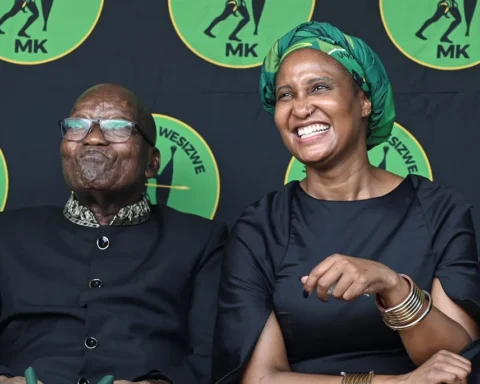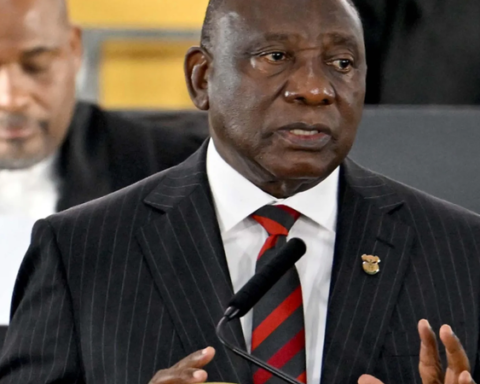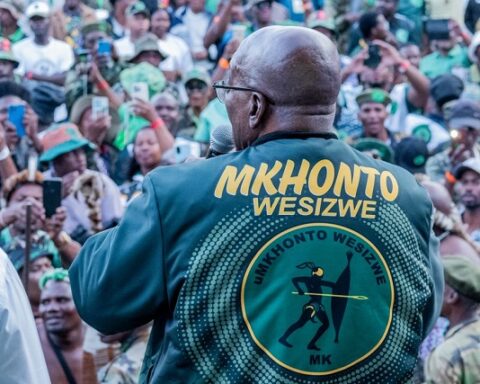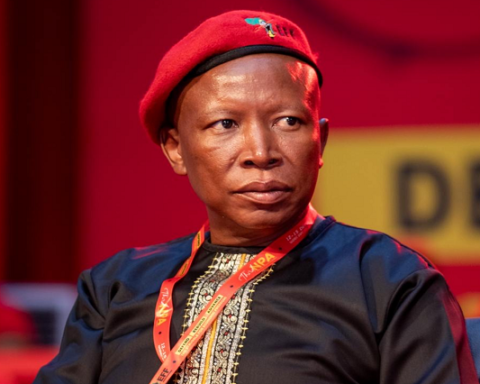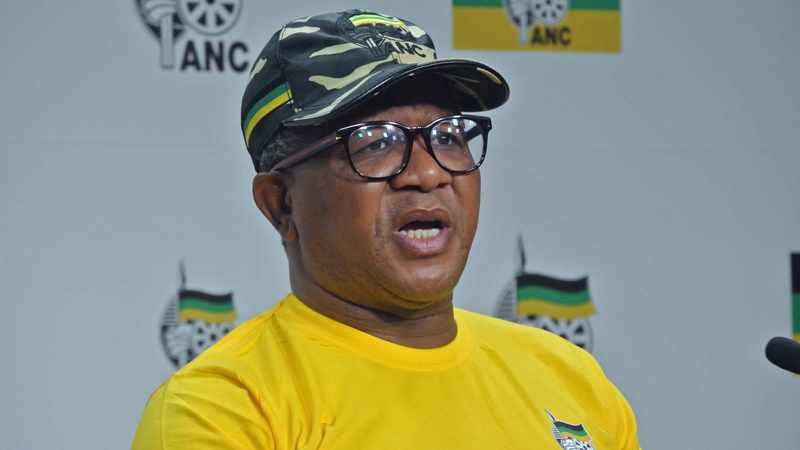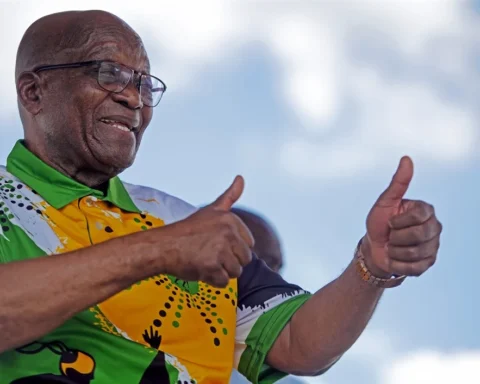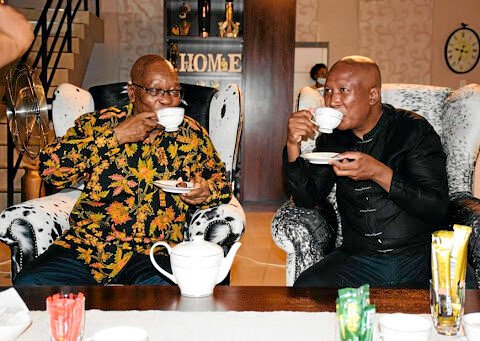Former South Africa President Jacob Zuma has backed President Vladimir Putin in the ongoing conflict in Ukraine, describing him as a man of peace.
He said Russia’s President Vladimir Putin has been very patient with the western forces.
“He (Putin) has been crystal clear about his opposition of the eastern expansion of North Atlantic Treaty Organisation (NATO) into Ukraine among other areas and is on record about the military threat posed to Russia by the presence of these forces …on his door-step,” the Zuma foundation said.
While the current President Cyril Ramaphosa has not voiced support for Russia, which is considered an ally of the ANC, he however made it clear that the South African government would not be part of countries condemning Russia.
Writing in his weekly letter on Monday, Ramaphosa also explained why South Africa did not vote in favour of a UN resolution condemning Russia.
“South Africa abstained from voting in last week’s United Nations resolution on the escalating conflict between Russia and its neighbour Ukraine because the resolution did not foreground the call for meaningful engagement.”
“South Africa expected that the UN resolution would foremost welcome the commencement of dialogue between the parties and seek to create the conditions for these talks to succeed,” he said.
Ramaphosa’s position on the Russia/Ukraine conflict is at odds with an initial statement issued by the South African Department of International Relations and Cooperation (Dirco) on the war between the two countries.
When the war started two weeks ago, International Relations and Cooperation Minister, Naledi Pandor, urged Russia to “immediately withdraw from Ukraine”.
However, her department has since changed its tune after Ramaphosa allegedly expressed unhappiness over its stance.
Like Ramaphosa, Dirco is now calling for a dialogue between Russia and Ukraine.
“We have always maintained the principle stance that international disputes and political challenges are best resolved through dialogue, through negotiations,” , Dirco head of diplomacy, Clayson Monyela, said.

